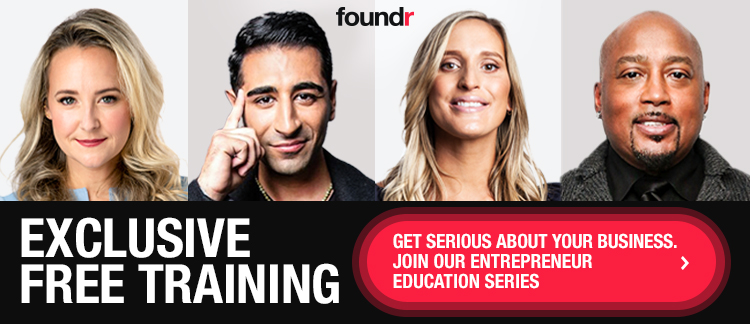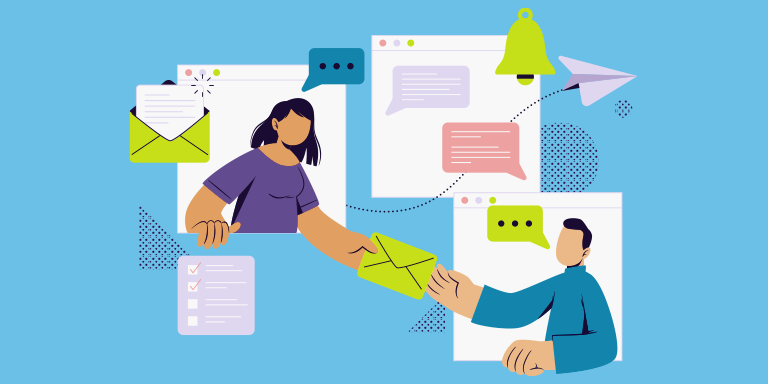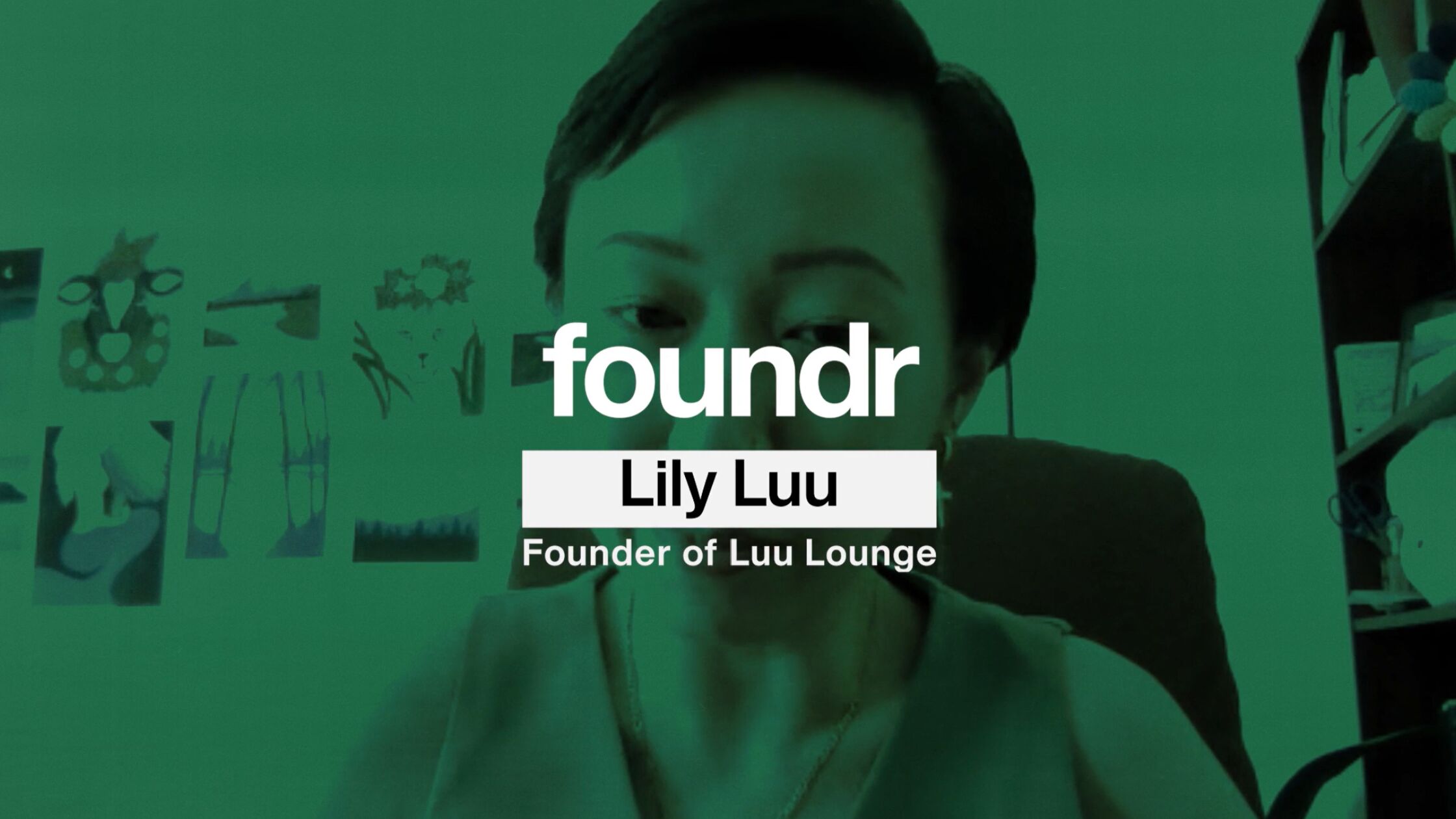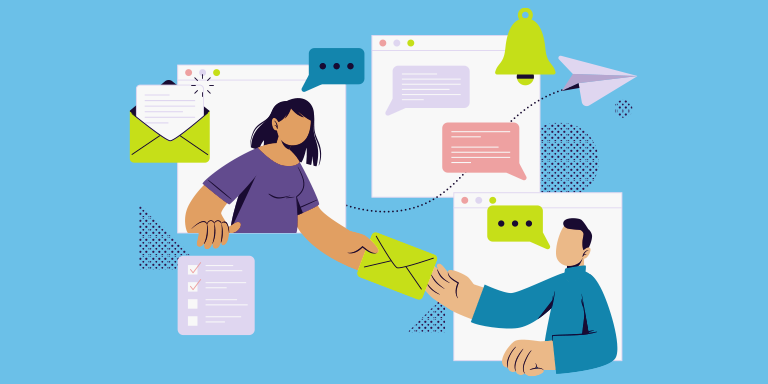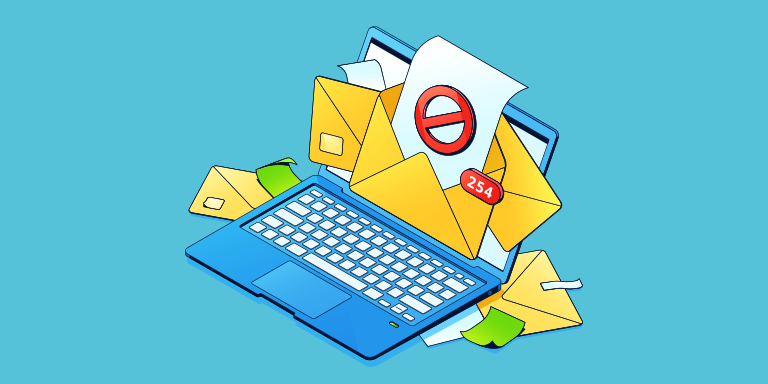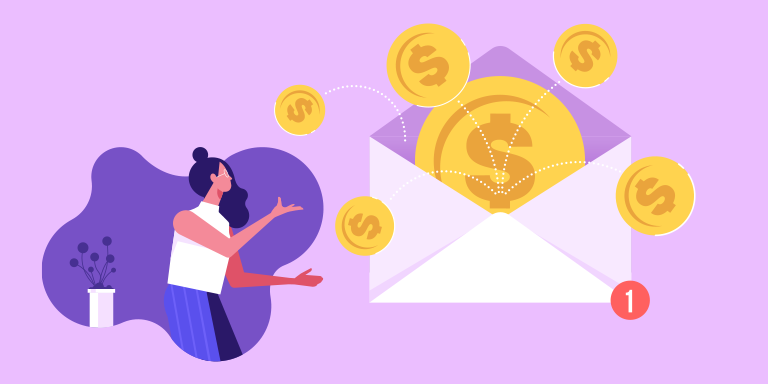Business ideas are a dime a dozen. Go ahead and test this statement by conducting a simple experiment the next time you get together with friends. Take a moment with each of them to ask what business ideas they have. Notice that you’re not asking if they have business ideas because it’s almost guaranteed that they do. You’re simply asking what business they have thought about starting.
Chances are high that all of your friends will have at least 1-2 ideas to share.
The takeaway is simply that business ideas are everywhere. And they’re brewing more potently than ever now that the twin factors of job satisfaction and job security are being threatened by current global trends. As more people dream about quitting their full-time job or adding a lucrative venture on the side, the number of business ideas naturally grows.
Find the Best Solution, Find the Best Small Business to Start
While having a business idea is all you need to choose a name and acquire a business license, there’s a crucial element required if you want to build a sustainable and profitable business. You need a business solution.
What’s a business solution? It’s the silver bullet for a quantifiable need that’s not currently being met. For example, when the founders of Shopify initially tried to build a website to sell their products, they noticed that there weren’t any user-friendly ecommerce platforms available for small business owners. Rather than gripe about it, they saw this dilemma as a gift. They had uncovered an unmet need in the market.
By identifying solutions to existing problems, you’re stepping out of the world of ideation and placing your feet firmly on the ground of action. Ideas attract followers, but solutions convert them into customers.
How to Find the Best Fit For You
The reason that the founders of Shopify were able to take their solution and build it into an international brand is because they uniquely understood the problem. Remember, they didn’t come up with the idea for their business in a brainstorm. They tried to find a platform for their products and realized there wasn’t an optimal option. This enabled them to empathize with their future customers and deliver the most relevant solutions.
You should follow a similar path by looking for a small business solution that you’re close to. The more you know about the industry, the more you have to offer. And the more you know about the existing problems, the better your solutions will be.
Here are 5 essential questions to ask as you search for the best small business to start:
- Will I have the ability to start this business?
- Will I be motivated to take this business to new heights?
- Will I be happy running this business on a daily basis?
- Will this business be profitable?
- Does this business have sustainability?
If you find yourself answering yes to these questions, you’ve got yourself a prime business idea. One that can do as much for you as it does for your customers. Because the best businesses are symbiotic, building wealth and satisfaction for owners while delivering quality and consistency for customers.
It’s a good idea to test your business concept on a small scale before expanding to major operations. This allows you to experience the lifestyle to see if there will be balance. Yes, you can keep most businesses running if you put in 70-hour weeks. But who wants that? The “rise and grind” mentality is a one-way ticket to burnout. Your objective is to build something you can be proud of, not to be ground into bits.
This test period will also enable you to gauge demand and evaluate your position versus the competition. Use this time of due diligence to hone your unique voice and develop a brand that stands out in all the right ways. Because even a great business solution can drift into obscurity if it isn’t articulated in a clear and engaging way.
Your Business Plan Will Help Steer You in the Right Direction
Once you’ve found your business solution and started generating ideas for your brand, it can feel like you’ve captured lightning in a bottle. These are the thrilling moments of entrepreneurship.
But don’t let this momentum carry you past the important steps of preparing to launch a business. Namely, don’t skip the business plan. Jesse Sumrak explains the relevance of your plan:
Business plans might seem like an old-school stiff-collared practice, but they deserve a place in the startup realm […] Whether you’re looking to win the heart of an angel investor or convince a bank to lend you money, you’ll need a business plan. And not just any ol’ notes and scribble on the back of a pizza box or napkin—you’ll need a professional, standardized report. Bah. Sounds like homework, right? Yes. Yes, it does. However, just like bookkeeping, loan applications, and 404 redirects, business plans are an essential step in cementing your business foundation.
The process of creating your business plan doesn’t need to be tedious. Start by simply asking yourself the following questions:
- What are my primary objectives?
- What will my mission statement be?
- What will my main strategies be?
- What did I discover through my industry analysis?
- What did I discover through my market analysis?
- What did I discover through my competitor analysis?
- How will I structure the business?
- What are my projections for the business?
- What are my financial needs and how will I meet them?
As you can see, there’s work required to answer these questions. But this list provides a useful catalyst for the research and reflection required for a solid business plan. Just work your way through it, tackling 1-2 actions at a time.
You might begin to feel overwhelmed by the work required to develop your plan. But remember that while it might feel like a burden, it’s actually an investment. The time and energy you put into planning your business will always yield a positive return on investment.
For example, if you think it’s hard to conduct a competitor analysis, just imagine how much harder it would be if you rushed your business into the market without analysis and then realized that you have a nearly identical brand to an established competitor. Trying to remedy that situation would be a lot more stressful than the initial analysis.
7 Small Businesses to Start
As you consider the optimal industry and business model for your skills, here are some ideas to review. Each of them offers the chance to thrive in our modern business landscape. Which is best for you? That depends entirely on what you know, what you love, and where you want to go.
Freelance Developer
There are billions of websites in the world. And somebody’s got to build and maintain them. That’s what you call job security.
As a freelance developer, you’ll be on the front lines of creating quality websites for your clients. And if your skills and passion lie on the back end, you can provide the technical support required to keep these sites optimized.
Freelance Graphic Designer
Our digital world calls for more design than ever before. From websites to email to social content to the occasional billboard or print ad, graphic design enables you to merge art and business.
Your first order of business as a freelance graphic designer is to compile your portfolio. Choose pieces that showcase your greatest skills and will appeal most to clients. Your portfolio should be constantly evolving as you add new pieces and personalize it for specific client pitches.
Freelance Copywriter
As with graphic designers, copywriters are in demand as content continues to dominate the marketing world. Carefully compile a portfolio that highlights your unique voice and project versatility.
Some jobs might involve a specific type of writing, such as email or blog posts, but never say no to a new option. The best writers tackle at least 3-4 new kinds of writing each year to expand to their skillset.
Career Consultant
The fact that you’re reading this article suggests that you’re considering a career transition. If this is a process you understand and you have personal experiences to share, consider being a career consultant.
According to Daniel DiPiazza, the most important thing is that you have something unique to offer:
Consulting is telling people what to do and helping them implement […] Here’s a caveat. Don’t just look at other coaches and imitate what they do. When you’re getting clients for coaching and consulting, you need to be able to draw from personal experience. It doesn’t mean you have to have figured everything out in life, it just means you need experience dealing with the problems they are facing. You need to have overcome a struggle, learned something from it, and be far enough away from it to be able to give advice.
As long as you can draw from your experiences and articulate your advice, you can help others find the right opportunities at the right time.
Ecommerce Business Owner
It’s never been easier to build a website and sell products to customers around the globe. Platforms such as Shopify and Wix enable you to customize a site that’s ideal for your products. So whether you manufacture your own products or use a dropshipper, this is an ideal time to become an ecommerce entrepreneur.
Brick-and-Mortar Business Owner
Perhaps you have a business idea that will shine most through a physical store location. Post-COVID, you can find excellent leasing deals that weren’t possible in the past.
You’ll still have a website (because all successful businesses do), but your ecommerce efforts can serve as a complement to your brick-and-mortar. This approach, with facetime and tangible brand elements, makes it easier to deliver unique experiences to your customers.
Course Creator
There are millions of people out there who would love to have the skills that you currently possess. Whether you’re an expert graphic designer or know the secrets to successful negotiations, by creating an education course, you can monetize your experience.
The best part of online courses is that once they’re released into the wild, you’ll have a source of passive income. You can pursue other interests and opportunities, while the money continues rolling in even while you sleep.
Enter Business Ready to Learn and You Will Always Succeed
Whether you’re hoping to launch your first startup or have been through this process 100 times, there are always lessons to be learned. The problem is that you can become blinded by your passion, leading you to miss the opportunities to develop and grow. Because the lessons will come flying at you, ready or not.
If you are committed to learning, you’ll get what you’re seeking even if your business doesn’t pan out. And statistically speaking, there’s a strong chance that it won’t. Don’t worry–the most successful entrepreneurs on the planet are also the best at failing. They wring every drop of wisdom from disappointments and then apply it to their future endeavors.
As Jonathan Chan explains, the odds may be against your business, but each new business endeavor moves you further along the path of success.
The reality of the situation is you are more likely to fail than you are to succeed. If you’re defining startup failure as the inability to deliver on the projected return of investment, then 95% of startups are failures. But there is no greater teacher than failure. If you’re going to be an entrepreneur then you better get used to failing, it will become an inevitable part of your life. Don’t run from it, embrace it, and see what lessons you can learn from it.
Of course, you don’t have to fail in order to learn valuable lessons. A more efficient approach is to draw insights from proven entrepreneurs who have already navigated their own business journeys and can deliver their personal lessons directly to you.
Our collection of free business courses includes crucial information that can help you in the early stages of your business. From financing to ecommerce setup to building a social following to nailing your negotiations, these courses are designed to help you avoid pitfalls and reach your goals faster.


